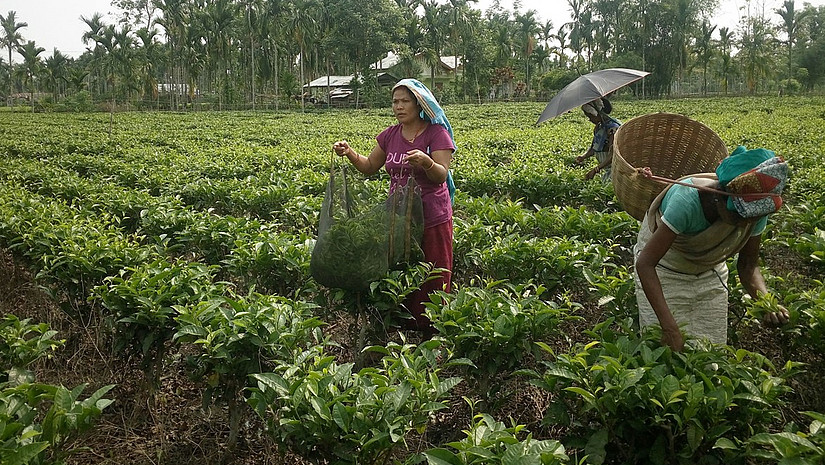Work, Livelihood Strategies and Economic Security in the Twenty-first Century
Abstract
Growing unemployment and its impact on poverty is the central challenge in developing countries where formal employment can be less than 10% of the economically active population. The growing informalisation of work is eroding the membership base of organised labour worldwide. Informal workers are not able to draw on market-based power as they lack formal skills, nor are they in large enterprises where they can draw on workplace bargaining power. Labour is living in an age of insecurity (Webster, et al. 2008). In this context, it may seem utopian to think in terms of decent work.
Project's Aims
To identify the new sources of power and the new forms of organisation that are emerging amongst informal workers in India and South Africa; to develop a policy framework for the implementation of a decent work agenda in developing countries such as India and South Africa.
Expected Contribution to the Decent Work Agenda
Develop a strategy for progressively realizing the goal of decent work in developing countries that reconciles the goal of decent work with sustainable development.
Related Publications
Webster, E; Bhowmik , S (2013).Work , Livelihoods and insecurity in the South: a conceptual introduction. Khayaat Fakier and Ellen Emke (editors) Socio-Economic Insecurity in Emerging Economies: Building New Spaces". London: Routledge /Earthscan.

